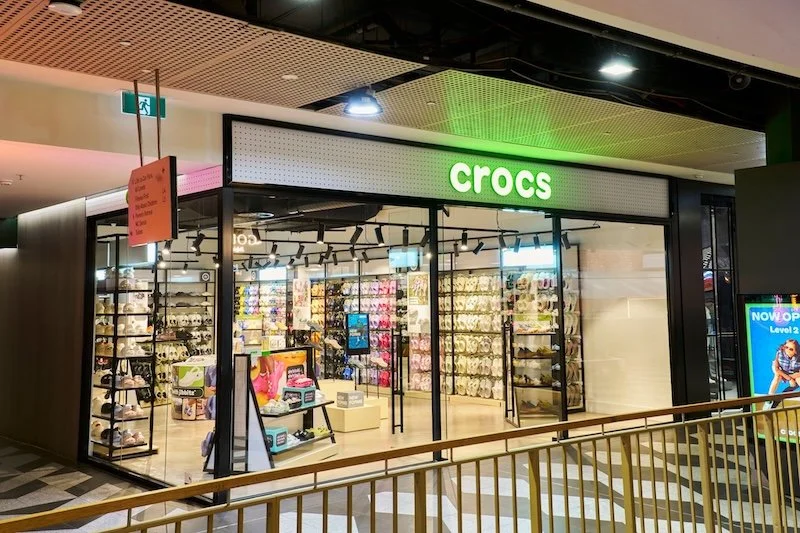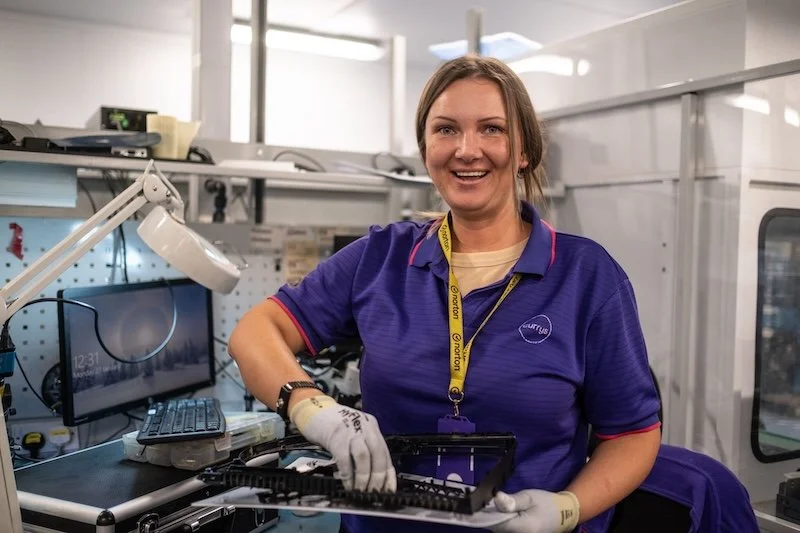How will artificial intelligence impact the online retail marketplace?
Anyone who has followed recent retail related news is aware of the impact that artificial intelligence (AI) is expected to have upon the entire industry.
While some view these changes with a bit of trepidation due to understandable concerns about job losses, others have already begun to embrace what is certainly looming over the digital horizon.
What potential benefits will this cutting-edge technology usher in and how might these shed more a positive light on the matter?
Providing a creative edge to startup businesses
AI represents a powerful tool for those who are hoping to obtain a bit of much-needed inspiration.
From choosing relevant free domain names highlighting their business to creating bespoke marketing campaigns from scratch, machine learning algorithms are transforming the ways in which retailers can meet lofty advertising goals.
These possibilities are even more relevant for those who do not possess the ability to brainstorm for hours at a time due to challenging workloads.
AI and the metaverse
Artificial intelligence and augmented reality are two features prominently associated with the emerging metaverse. Indeed, a number of changes have already taken place in relation to the ways in which customers interact with e-commerce portals.
The main takeaway point here is that retailers are now able to provide a more personalised experience; increasing the chances that visitors will proactively engage with what is being offered. Some notable examples include:
Three-dimensional dressing rooms when purchasing new clothes.
360-degree views of a new vehicle for sale.
Virtual customer service representatives to answer common retail oriented questions.
As the metaverse is only beginning to take shape, it will be rather interesting to see what the next few years have in store.
The growth of predictive marketing
Another interesting example of how artificial intelligence is slated to transform the online retail community involves advertising campaigns. This largely involves the power of predictive marketing.
Predictive marketing is a decision driven approach that interprets Big Data in order to better appreciate the needs of a specific target audience. As the term already suggests, this information can then be used to predict future trends as well as to modify existing advertising campaigns.
Retailers who are capable of embracing such a strategy will likely enjoy a considerable competitive edge.
Smart chatbots
To be clear, chatbots have existed since the latter half of the 1990s. The only issue is that their responses were severely limited at the time. The advent of innovative chatbot technology has now imbued these algorithms with what can only be called a "human" touch.
This should provide the online retail community with a chance to automate many customer service solutions that would have otherwise required real-world communications.
Although chatbots are not expected to entirely replace their human counterparts anytime soon, few will argue that their growing presence can help to streamline traditional in-house CRM techniques.
Although the long-term impacts of AI have yet to be fully realised, the online retail industry should be prepared to adapt to what many believe will represent a bright digital future.















Continue reading…